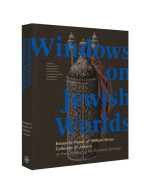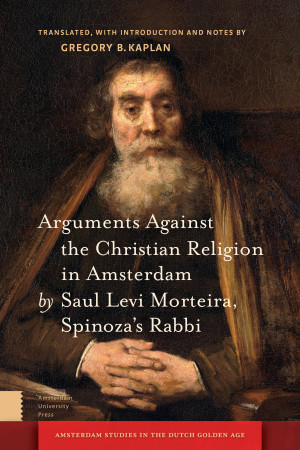"Kaplan’s translation is a pleasure to read and it succeeds in bringing out the literary quality of Morteira’s work. ... This is an edition and translation; it is not an attempt to deliver an intellectual biography of Morteira. Nevertheless, Kaplan’s rendering of the Amsterdam’s rabbi’s Arguments will turn out to be an invaluable source to anyone willing and able to write such a biography." - Wiep van Bunge, Renaissance Quarterly, Winter 2019
"This book makes a significant contribution to a better understanding of the life of early modern Jewish communities, particularly but not exclusively in Amsterdam, against the background of the socio-cultural relations, and of the tensions, between different components of early modern Jewry." - Diego Lucci, American University in Bulgaria, Blagoevgrad in the Journal of Ecclesiastical History


